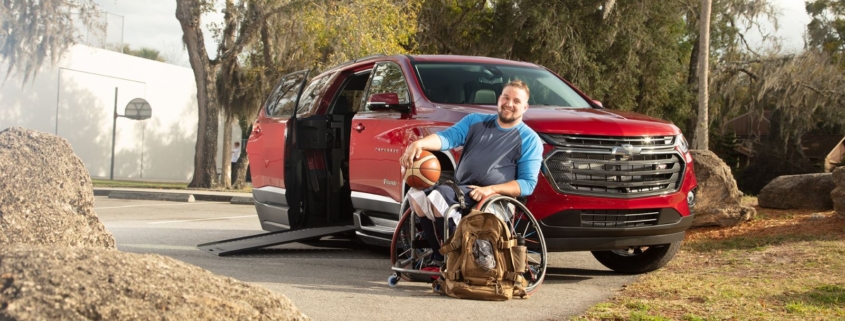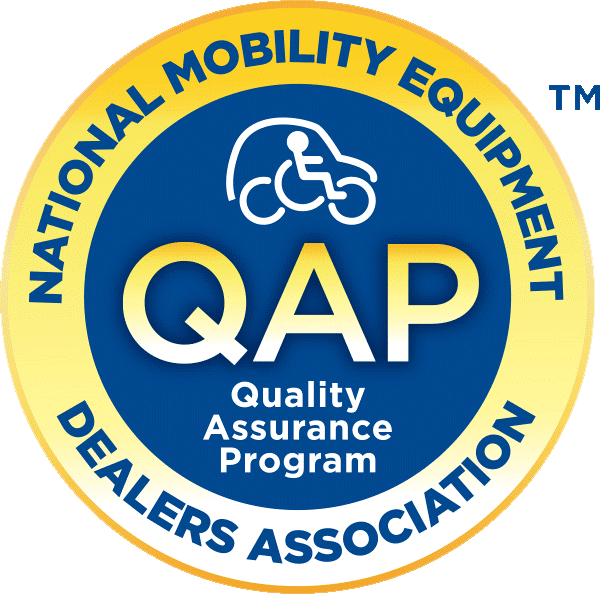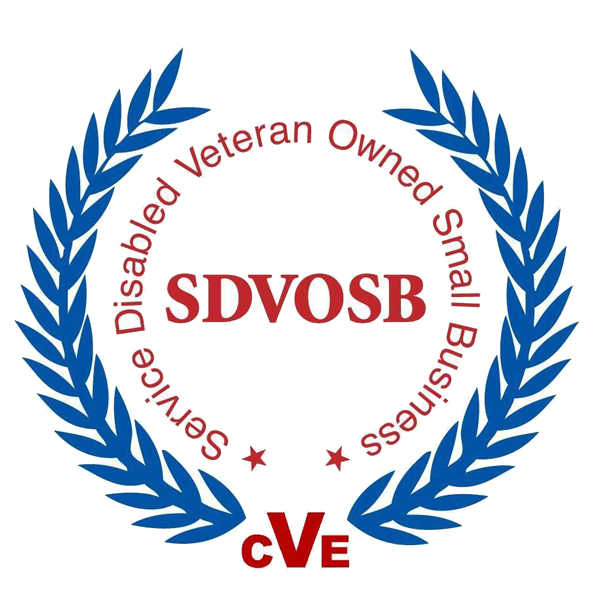Buying a Wheelchair Accessible Vehicle? You MUST Know This First!
If you’re considering a wheelchair accessible vehicle (WAV), it’s crucial to make an informed decision. There are many aspects to consider prior to purchase, including your needs, safety, compatibility of auto adaptive equipment, cost, and maintenance. Our team specializes in vehicle consultations to match your ability and lifestyle, ensuring you make the best choice for you.
Understanding Your Needs: Everyone is looking for a vehicle for different reasons. Some are simply looking for a way to get to the grocery store, some commute to work, and others are looking for a vehicle that’s perfect for roadtrips with their family. Other factors such as cargo space, interior space, carrying capacity (did you know wheelchair accessible vehicles can have a lower weight carrying capacity?), ramp width and height, ramp angle, and features of the vehicle can greatly impact the functionality of a vehicle. Identifying your unique wants and needs is the first step in choosing the right vehicle for you. During our consultations, we focus on your specific requirements, from wheelchair compatibility to daily usage, to ensure that your vehicle choice is perfectly tailored to you.
Safety and Comfort: Safety is paramount in any vehicle choice. When vehicles are converted to be wheelchair accessible, many structural modifications must be made. All modifiers claim to have a safe product, but they’re not all apples to apples. Determining whether a vehicle is “safe” is a very complicated judgement call. The best resource to aid in evaluating the safety of a conversion is NMEDA’s (National Mobility Equipment Dealer’s Association) Compliance Review Program. In NMEDA’s words:
“To ensure consumer and public safety, the National Highway Traffic Safety Administration (NHTSA) and Transport Canada (TC) issues specific safety regulations that all motor vehicle and mobility manufacturers must follow in their respective countries. Although mobility manufacturers are required to abide by these Motor Vehicle Safety Standards (F/CMVSS), as a consumer it is difficult to identify which mobility manufacturers have actually tested their products to validate they are in compliance. To address this issue and help consumers make valued buying decisions, NMEDA has developed the Compliance Review Program (CRP).”
The Compliance Review Program can be found here: https://nmeda.org/qap/compliance-review-program/
Additionally, our experts at DRCE can guide you through selecting a vehicle that meets federal and state safety standards while ensuring your comfort. Let us help you find a balance between safety features and personal comfort.
Compatibility of Auto Adaptive Equipment: We’ve seen it happen; you’ve just purchased the perfect vehicle only to find out that the adaptive equipment prescribed to you is not compatible with the aforementioned perfect vehicle. Unfortunately, there is little we can do when it comes to compatibility issues between the equipment you need and your vehicle. We always recommend contacting your Mobility Dealer directly for compatibility advice prior to purchasing any vehicle.
Don’t have a Mobility Dealer? You can find one in your area by using NMEDA’s Dealer Locator: https://nmeda.org/consumer-resources/dealer-locator/
Cost and Financing: Admittedly, Wheelchair Accessible Vehicles can be cost prohibitive. Understanding the financial aspect of purchasing an adaptive vehicle is crucial. In addition to the cost of the vehicle, there are other costs that must be considered, such as Evaluation/Training costs for an individual that is interested in driving their WAV. Cost of adaptive equipment can vary greatly and should also be considered. Furthermore, insurance costs can be higher than a typical vehicle because of the value of the conversion and equipment being added to the vehicle. DRCE works with various non-profits, state vocational rehab programs, and the Department of Veteran Affairs to assist eligible consumers with the costs associated with driving or owning a WAV. Our team can assist you in exploring financing and funding options and identifying potential aids to make the process smoother and more affordable.
Maintenance and Service: The long-term care of your vehicle is crucial for its longevity, and as such it’s important to understand the maintenance requirements for your WAV and equipment. We recommend having yearly maintenance performed on your WAV and equipment to make sure it stays happy and healthy. WAV maintenance includes verifying proper functionality of the conversion, lubricating pivot points and bushings, checking fasteners, and performing software updates to the conversion as available. Equipment maintenance varies by equipment type, but is typically performed at the same time as conversion maintenance and is often included in the cost. Always request a receipt of the maintenance and recommended repairs for your records, and ensure that any safety related concerns are addressed before you continue down the road.
Choosing the right wheelchair-accessible vehicle is a significant step towards independence. With the Driver Rehabilitation Center of Excellence’s consultation and case management services, you can be confident in finding a vehicle that perfectly suits your lifestyle and abilities. Contact us for a personalized consultation and take the first step towards your ideal mobility solution.






